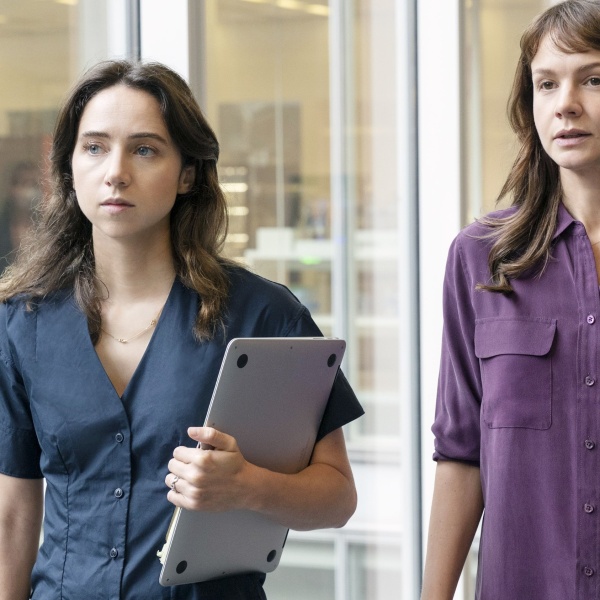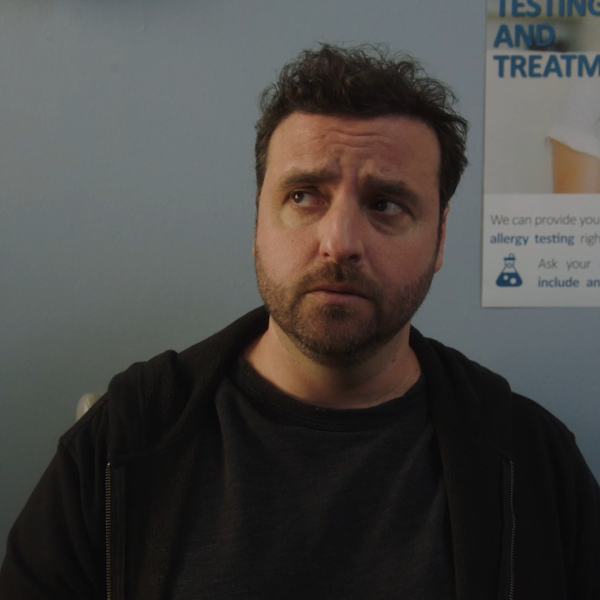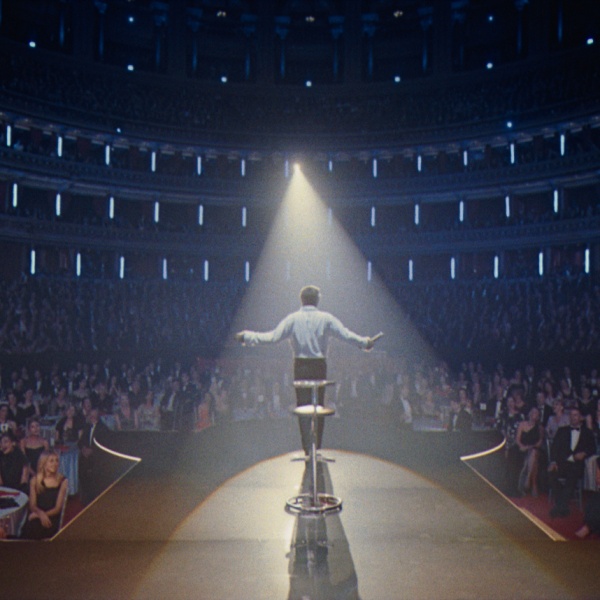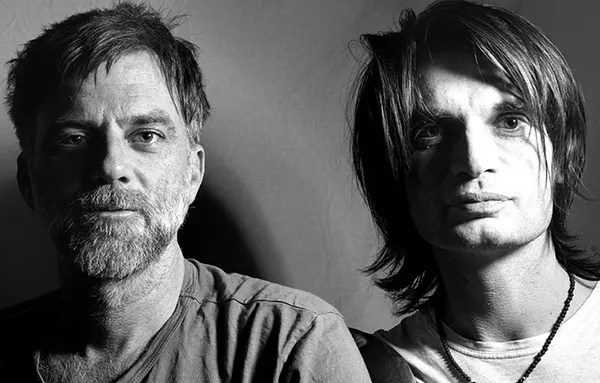
Shifting from heartbreak to cathartic laughter and back, sometimes within the same shot, director Alexander Payne and star George Clooney have collaborated on “The Descendants” to give us a very human story about a very flawed man and his very flawed family. Just like his previous pictures, the success of Payne’s film rests on whether he can coax a nuanced performance from a strong male lead who is capable of accessing intense vulnerability. In “About Schmidt” (2002) he found what he needed in Jack Nicholson’s Oscar-nominated turn and two years later in “Sideways” (for which he shared the Oscar for Best Screenplay with Jim Taylor) he scored a double whammy with Paul Giamatti and the also Oscar-nominated Thomas Haden Church. For the central male protagonist of “The Descendants,” Payne turned to George Clooney and in the course of the Q&A that followed the screening he insisted that Clooney had provided him with the best acting collaboration of any of his films. Can the performance possibly live up to that? Actually, yes. Clooney takes on the role wholeheartedly and succeeds on pretty much every level.
The film opens with a woman in a speedboat screaming across a bay with the Hawaiian mountains in the background. She appears to be very nearly on the verge of ecstasy. Fade to black. We then discover that she is Elizabeth King and moments after that fade out she experienced a catastrophic accident that left her in a coma. Her husband, Matt (Clooney), soon learns that her condition is irreversible and that her advance directive leaves no room for doubt as to the course of action she desires…no heroic measures: pull the plug. Matt is left to pass that news on to friends and family, including two daughters for whom he admits he is the “backup” parent. In the process of breaking the news, Matt finds out that his wife has had a secret of her own and that secret propels the story forward. All of this occurs against the backdrop of the potential sale of 25,000 acres of pristine Hawaiian countryside for which Matt is the trustee on behalf of the extended King family. His decision alone determines the fate of the land and the millions of dollars it is worth.

Based on the novel by Kaui Hart Hemmings (Payne co-wrote the screenplay with Nat Faxon and Jim Rash), “The Descendants” is Clooney’s picture to carry and he masters the challenge at every turn. He was lauded in 2009 for showing his acting chops in “Up in the Air” and has clearly looked for ways to explore his abilities further with this role; his willingness to allow us to see Matt’s naked vulnerability as the character struggles to make choices that he can live with is touching and impressive. And he is ably assisted by strong supporting performances from Shailene Woodley as his eldest daughter, Judy Greer and Matthew Lillard as a couple whose lives become intertwined with Matt’s, and a very effective turn from veteran actor Robert Forster as Matt’s father-in-law, a character oblivious to reality and blinded by his love for his daughter.

Payne follows the same structure cinematically that he has used before in both ‘Schmidt’ and “Sideways,” starting off with a quiet first act that slowly pulls the viewer into the orbit of the characters but maintains a certain standoffishness until, before you realize quite how or why, he’s managed to engage you emotionally. It’s subtle and effective, combining universal themes (the loss of a loved one, the love for a child, the emotional pull of familial obligations) with the quirkiness that viewers have come to expect from an Alexander Payne film. But there is wisdom at the heart of things too: life, it is asserted here, isn’t neatly divided into light and dark, pain and pleasure, happiness and emotional devastation. Instead we are shown the blurriness of those distinctions and the fact that opposing feelings can occur within moments of each other. In less capable hands these sudden shifts might test an audience’s willingness to accept the validity of the story. But the tonal balance struck between the painful moments and the necessary and often humorous release of tension shows Payne’s mastery over the material, as he uses every ounce of his experience to deftly guide Clooney to what might be the most complete performance of the actor’s career.
Gorgeously shot on location in Hawaii, the visual paradise and harmony of the locations provide a deft counterpoint to the disharmony and dysfunction of the family. But while, yes, it is knock-out beautiful to look at, in asking us to contemplate what we owe to those who came before us, to those who will come after us and to ourselves, and how to weigh those debts relative to each other, the film, like its leading man, proves it’s a lot more than just a pretty face. Alexander Payne: welcome back, man. You’ve been gone too long. [A-] —Michael Patterson





